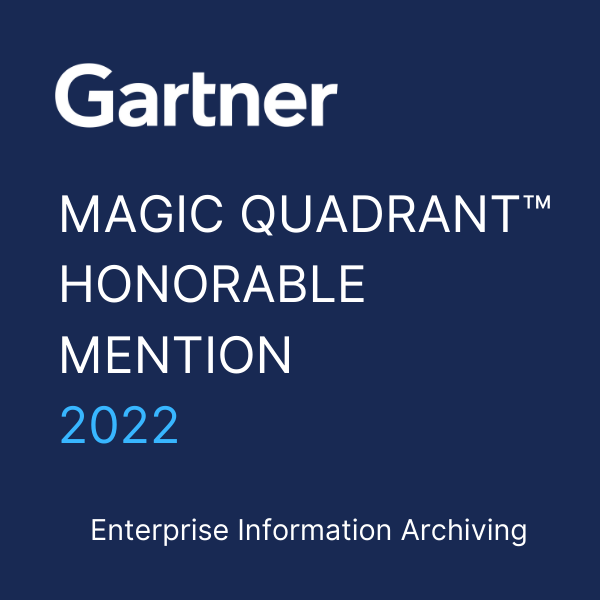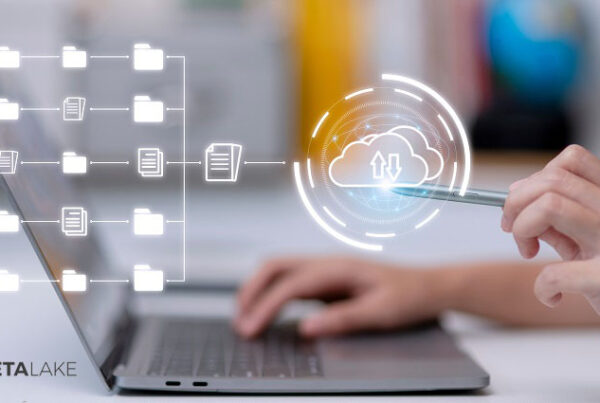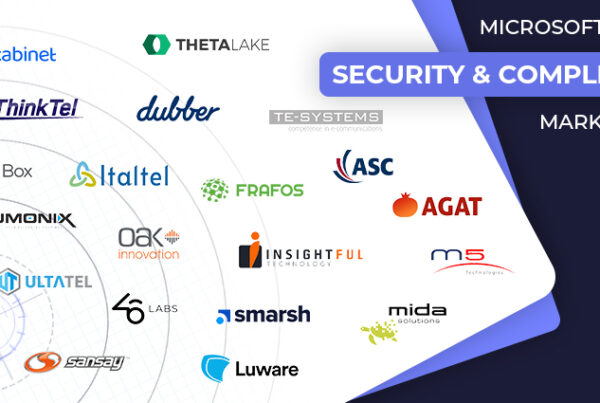
Experts discuss the increased risks posed by cyberattacks to data privacy, as well as the important role employees play in an organization’s data protection, and best practices and solutions to improve data security posture.
Ransomware’s impact on data privacy.
Eric Bassier, Senior Director of Products at Quantum, notes the importance of a multi-layered approach to data protection in the wake of increased ransomware attacks:
“According to a recent study of IT and business executives, two out of five revealed that their organizations had suffered from successful ransomware attacks. Even worse, over 80% reported that they had paid ransoms to get their data back. That’s because cybercriminals are always on the hunt for new ways to trick users into clicking on links which open the door to ransomware infiltration. Ransomware is just one threat in the ever-growing cyber threat landscape. It is imperative that organizations have a documented plan on how they are protecting and recovering their data – in every stage of its lifecycle – from all manners of cyber threats.
“To ensure the resilience and rapid recoverability of data, it’s essential to have a multi-layered approach in place that covers every stage of the data lifecycle from end to end. This includes maintaining multiple copies of data, using immutable snapshots, storing data offline, and employing encryption and other security measures to safeguard and recover data swiftly in any location.
“It is clear by now that it is no longer a matter of ‘if’ but ‘when’ an organization will be hit with a cyberattack. By following these guidelines and remaining vigilant, businesses can effectively strengthen their cybersecurity and reduce the risk of irreparable damage in the instance of a successful attack. It’s crucial that businesses prioritize the protection of their data, not just today, but every day. In 2023, data protection and recoverability are uncompromising, vital components to the success and sustainability of any business.”
Read the full article here!











